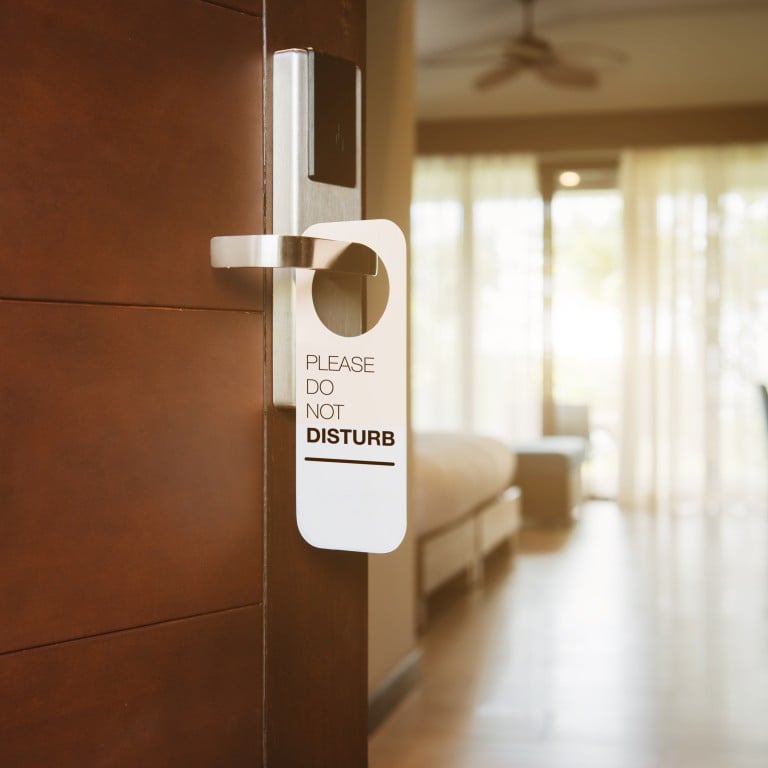
9 common hotel complaints, from check-in and checkout times to Wi-fi problems to air con, heating and shower controls
- Ben West has spent the past two years staying in hotels around the world, and he shares his most common and irritating complaints
- These include check-in getting later and checkout earlier, hotel safes that are too small or don’t work and cleaners not heeding ‘Do not disturb’ signs
For work, I have been staying in hotels around the world, at a variety of price points, almost continuously for more than two years, and I’ve been surprised at how many of my personal bugbears are commonplace.
These are some of the most irritating:
1 Ignoring the ‘Do not disturb’ sign
This is usually the doing of impatient cleaners in hotels that haven’t devised a useful system whereby they are informed by reception when rooms have been vacated.
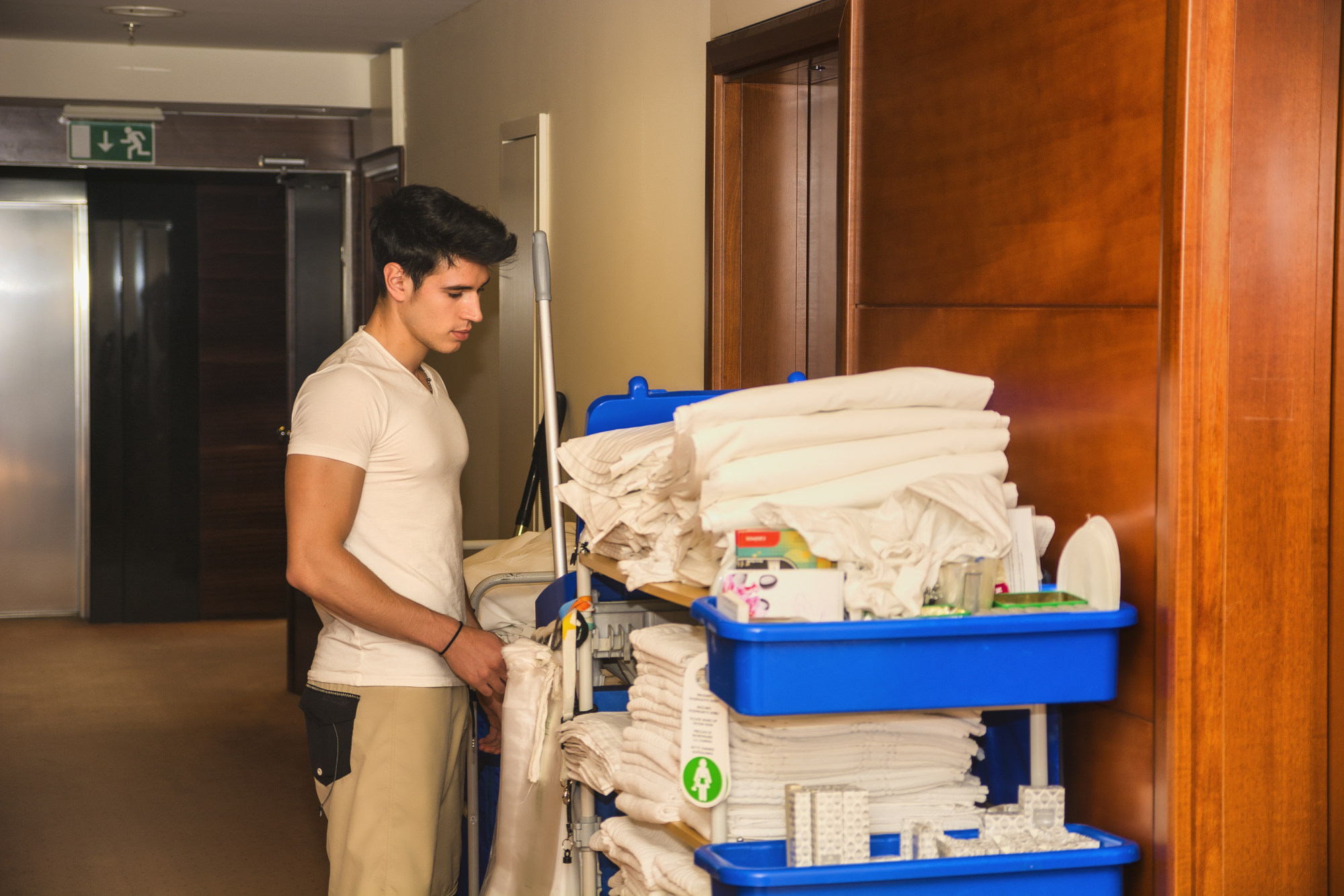
Cleaners assume the guest has checked out without having removed the “Do not disturb” sign. Yet, if you have paid a small fortune for a hotel room, the least you can expect is privacy.
And intrusions don’t always happen on the day of checkout.
I was recently lounging on a sunbed on my expensive hotel room’s veranda, listening to music with headphones, when a cleaner tapped my shoulder, asking whether I wanted the room attended to. This was despite the “Do not disturb” sign being displayed.
2 Check-in and checkout times
There was a time when check-in was typically around 2pm and checkout at noon. The window between the two has grown larger and larger, and now it is common to be told to leave as early as 10am (as I found at the Generator Rome hotel, for example) and not to arrive until 4pm (Loews Regency New York).

Obviously, hotels need to schedule the cleaning of rooms, but five or six hours is a big slice of the day – especially if you’re moving from one hotel to another and are in custody of your luggage.
3 Security deposits
More common in four- and five-star hotels is the insistence that a security deposit be taken from your credit card on arrival. This can be sizeable, such as the US$200 demanded from me by the New York Edition quite recently.
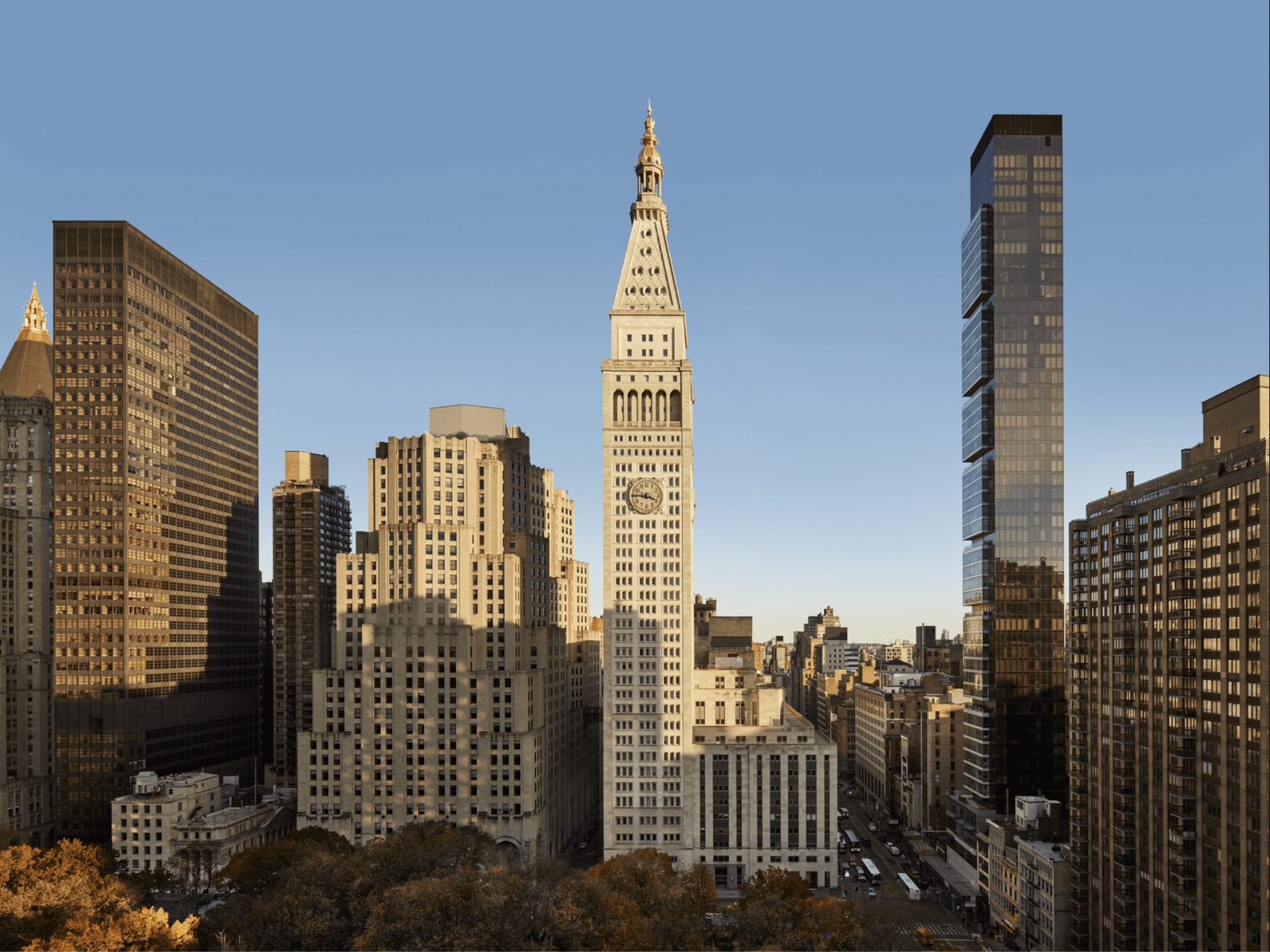
If you’re staying for several nights – the size of deposits sometimes depends on length of stay – or moving from hotel to hotel with this requirement, the amount frozen on your account can mount up and each deposit can take a while to be released: it’s usually a few days but I’ve waited for up to a month. Not to mention all the extra admin keeping up with it all.
4 Safes
Voco Times Square, in New York, not only provided me with a safe that was too tiny for my laptop (a common occurrence with older and cheaper hotels) but also had a sign saying items put in the safe were not the responsibility of the management – which was not very reassuring.
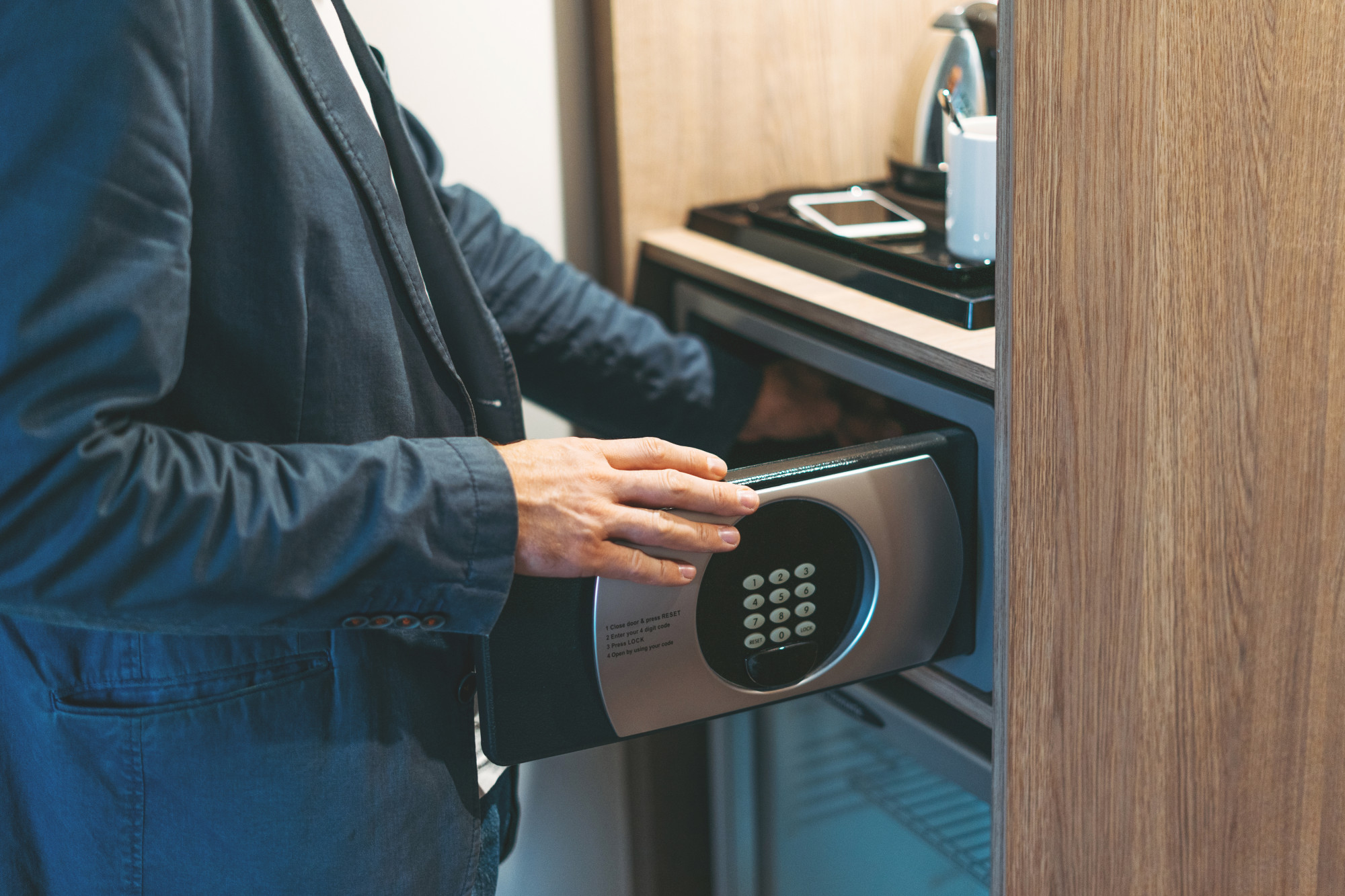
I also often come across safes that require new batteries or aren’t operable for another reason. Waiting for someone from the maintenance department to come and fix the problem can be very time-consuming.
5 Tea and coffee challenges
Where do I start?
Coffee machines the turning on of which is a total mystery; a coffee machine but no kettle – most coffee machines don’t heat the water sufficiently for tea; espresso cups too small for tea; powdered coffee creamer provided as the only substitute for milk; having to fill the kettle using a cup as the machine will not fit in the sink.
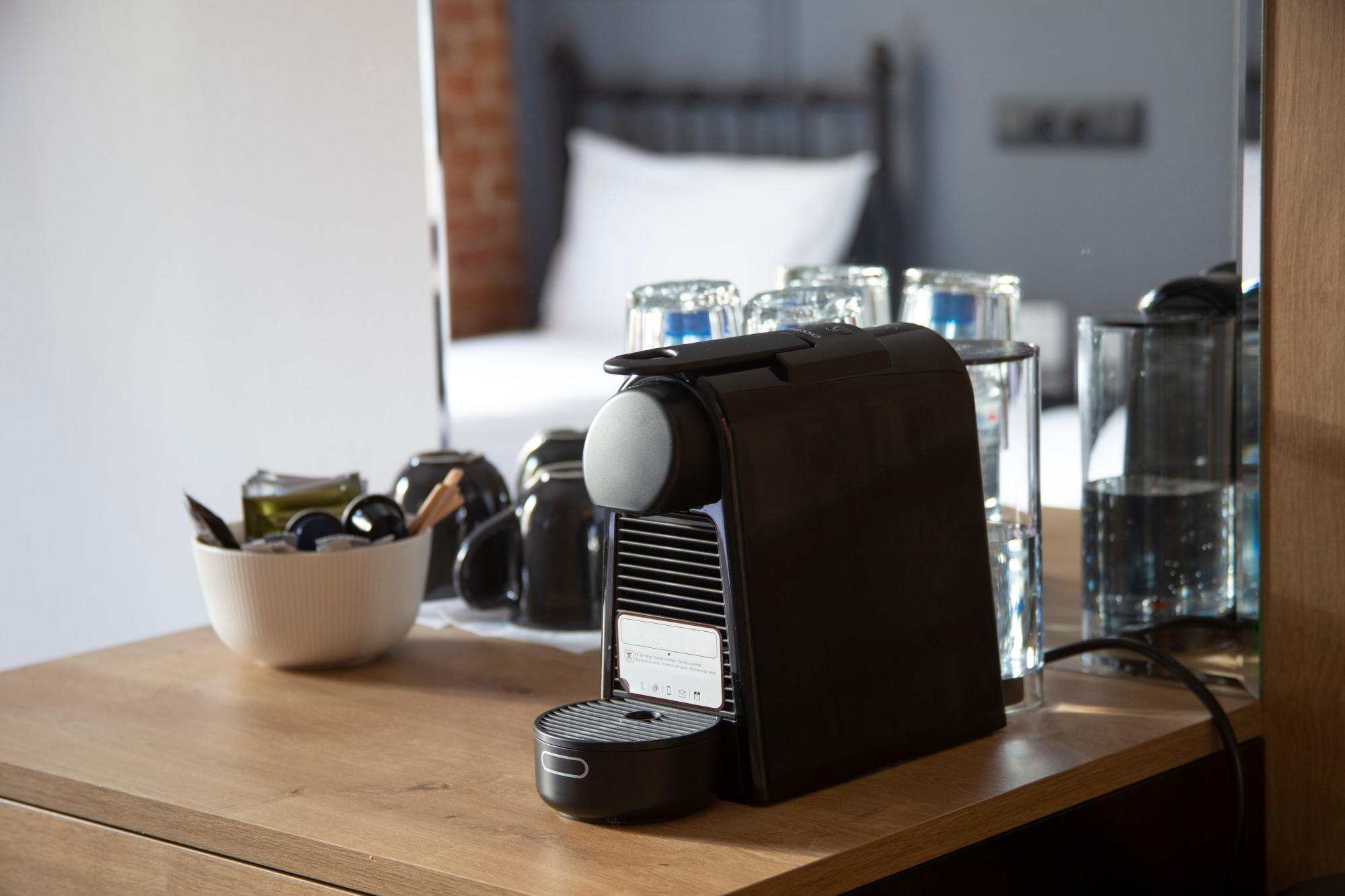
At the Myconian Naia, on the Greek island of Mykonos, tea bags were provided but kettle, mugs and milk were not. At the pricey Elounda Peninsula, on Crete, four coffee capsules were provided daily with extra ones charged for, which seemed a bit stingy.
At least most rooms do provide tea and coffee: it can be a hassle having to order at the bar, and expensive too.
6 Incomprehensible shower controls
Often you have no idea which tap or control to operate – or which way to turn the only one available – to run hot or cold water because there are no explanatory symbols or they are rendered too small.
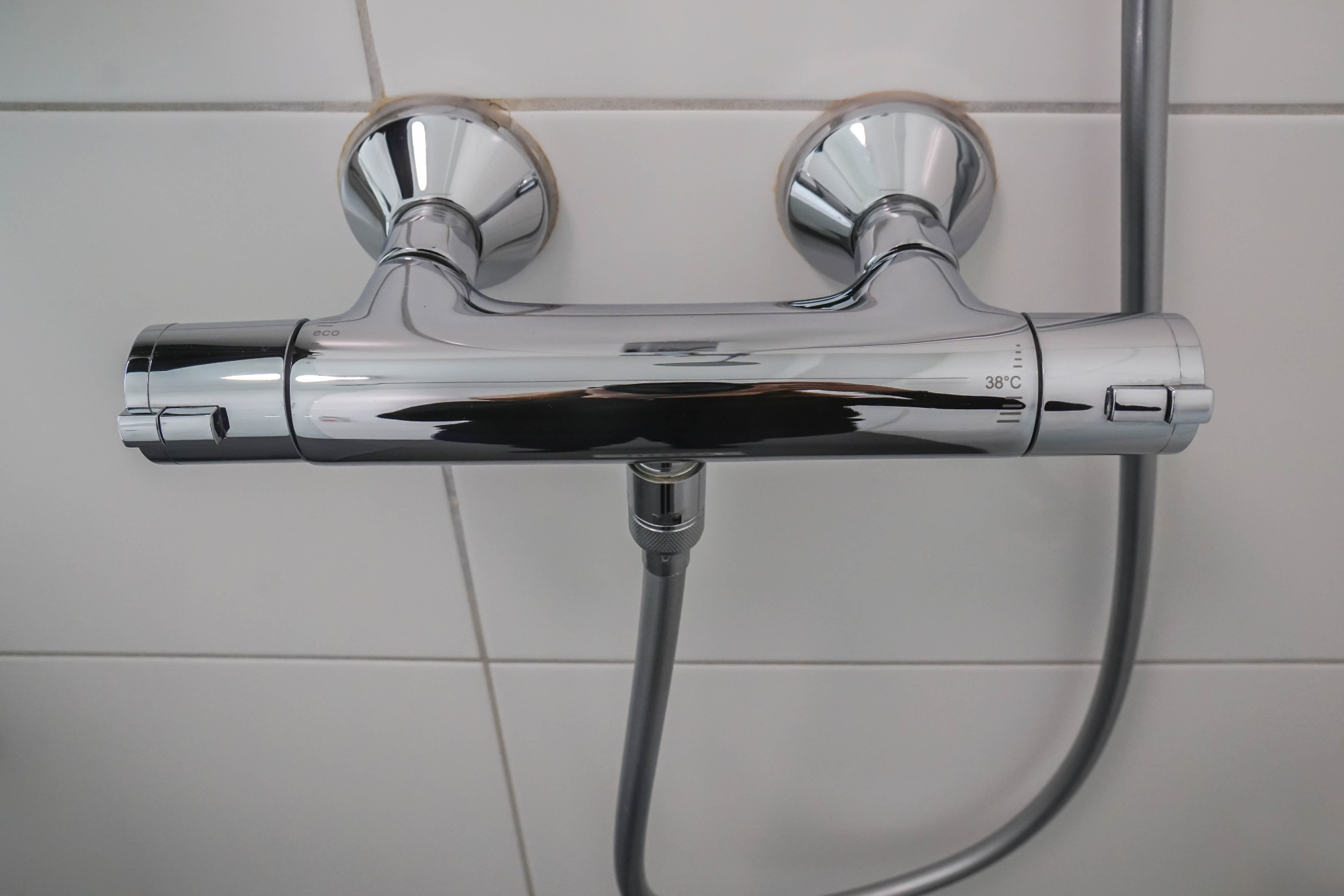
Often I emerge having had at least a partially ice-cold or scalding shower – and having wasted a lot of water experimenting.
7 Locked windows
The windows of many hotels cannot be opened, even a smidgen. Hotel managements argue that this is to stop intruders, curb suicidal tendencies or, most commonly, to maintain climate control.
5-star hotels with the best art collections – think Dali, Botero, Murakami
Yet air conditioning systems are no substitute for fresh air, without which rooms can become stagnant and pollutants can build up.
There’s typically a stale smell, or a strong smell of cleaning chemicals when you enter the room that hasn’t been properly aired.
8 Wi-fi connection
Many hotels now let guests go online with just a click, so why do others still require that you input long passwords comprising letters, numbers and special characters? Or insist on multifactor authentication, needing a text message and therefore possibly roaming charges?
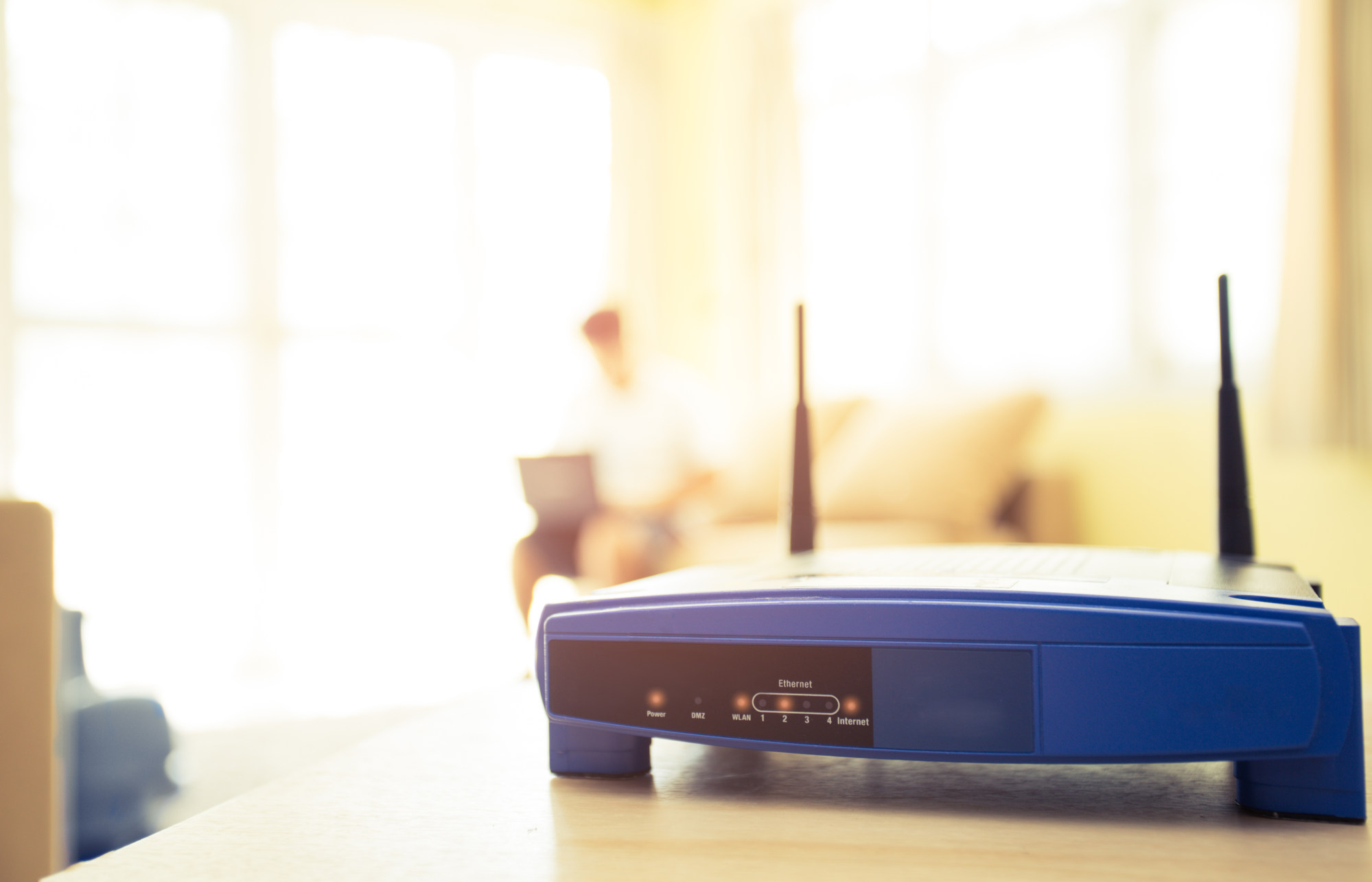
It’s at least understandable why some hotels charge a small fortune – even for terrible Wi-fi service – while most places offer free coverage.
It’s not uncommon to come across Wi-fi that is sluggish or keeps dropping connection. Hotel employees have admitted to me that certain rooms have bad Wi-fi reception and guests complain daily.
The walls of one particular newly constructed building were so thick, one explained, that the Wi-fi signal struggled to get through.
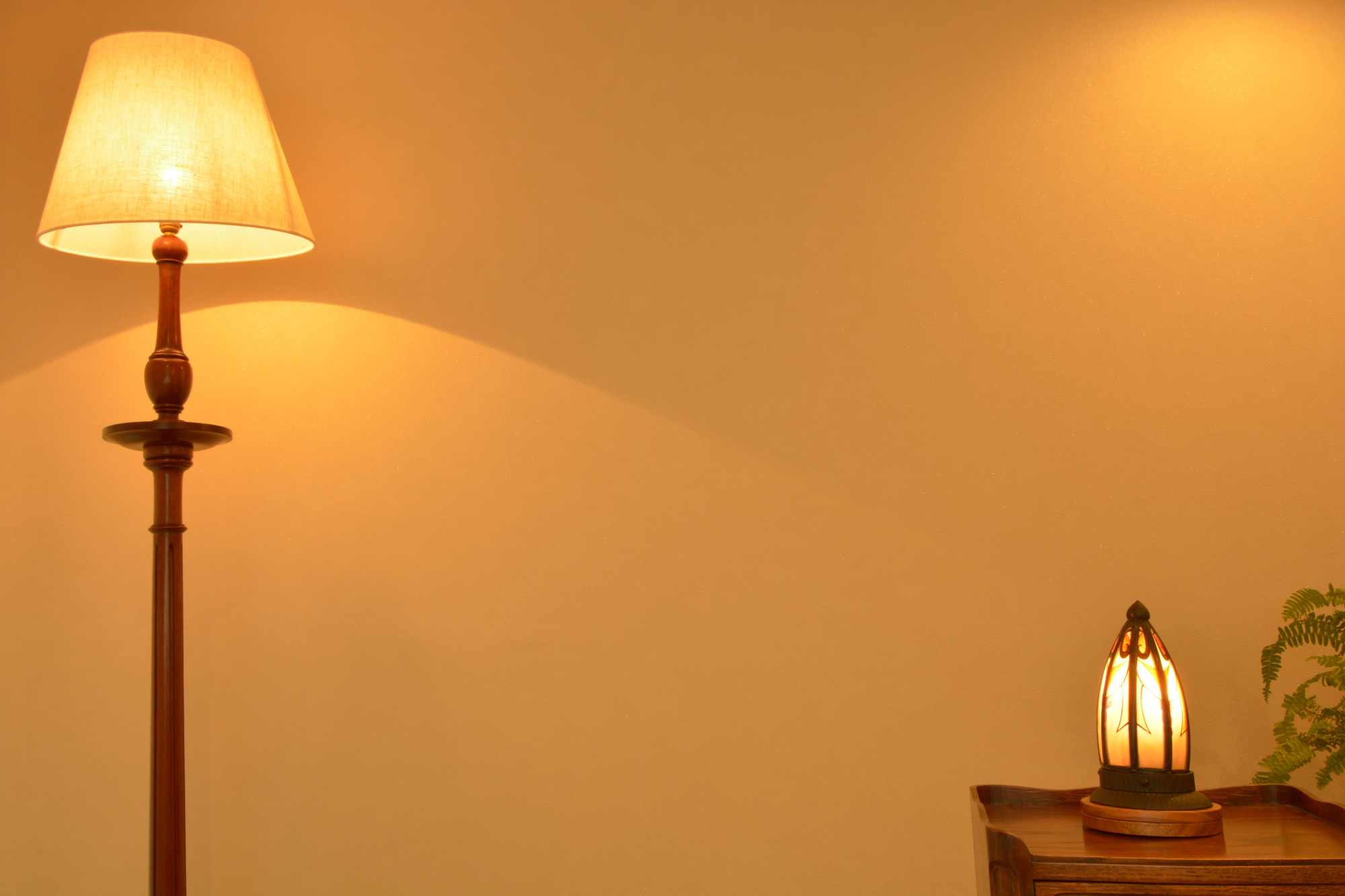
9 Lighting, heating and air con controls
So many hotels, usually in a management bid to give the impression they are at the forefront of technology but sometimes just because they opted for the cheapest equipment, have lighting, heating and air conditioning controls that require almost a master's degree in science to understand.
All you want when you’re exhausted after a day of travelling is a simple master on/off switch, preferably beside the bed – not many lamps around the room that each need turning off (because they were all turned on before your arrival) – and a simple dial to raise or lower the temperature.

